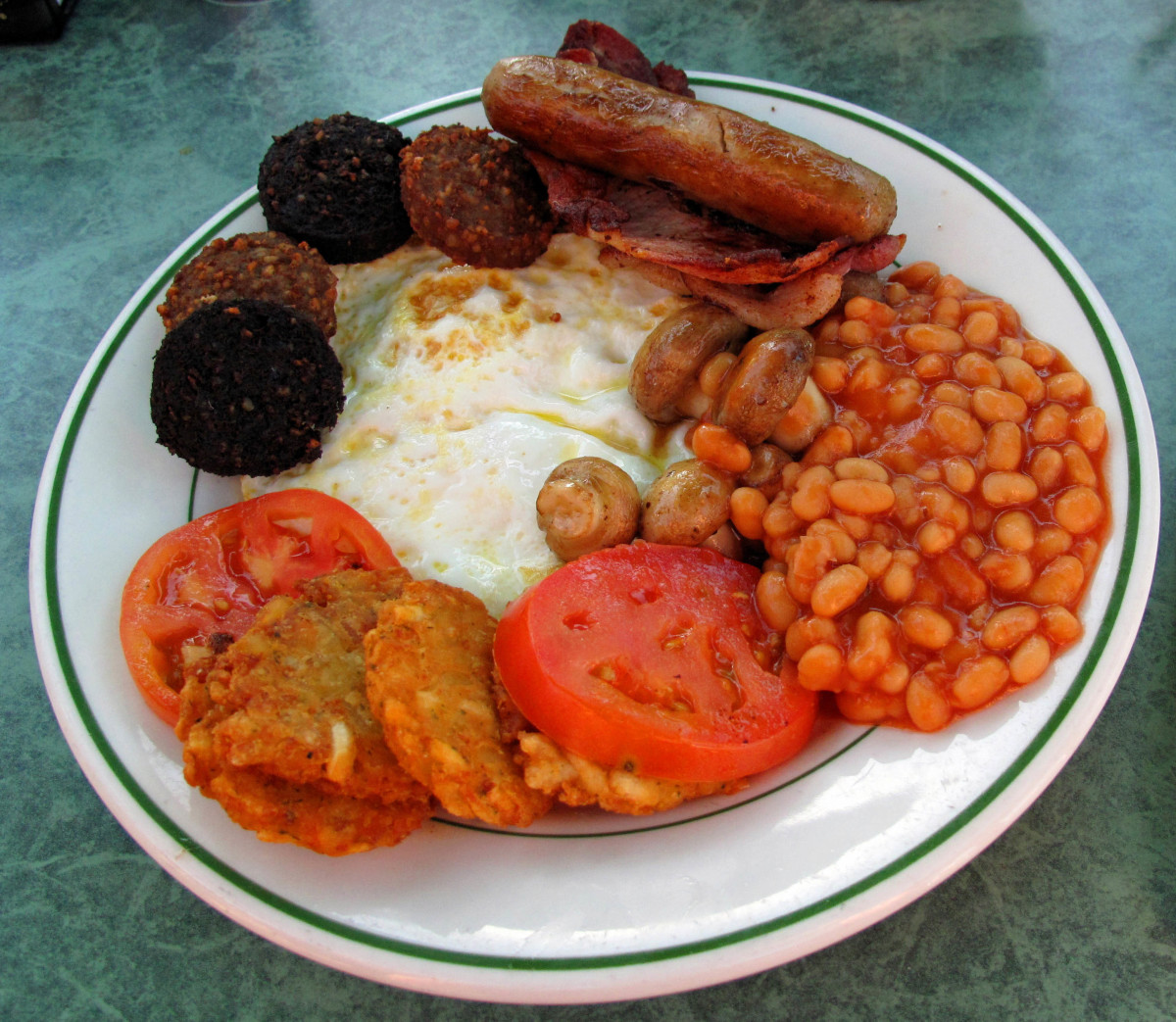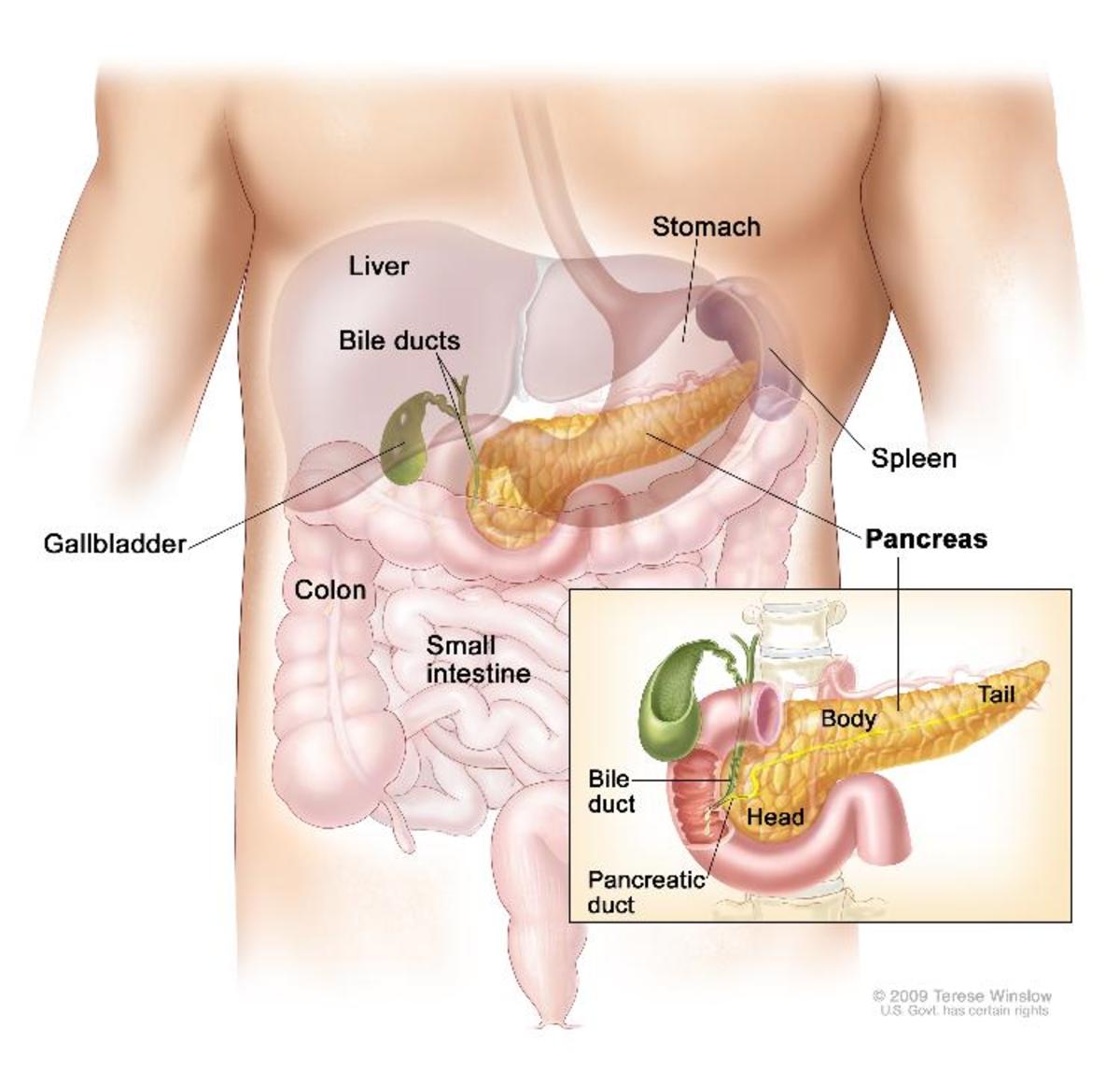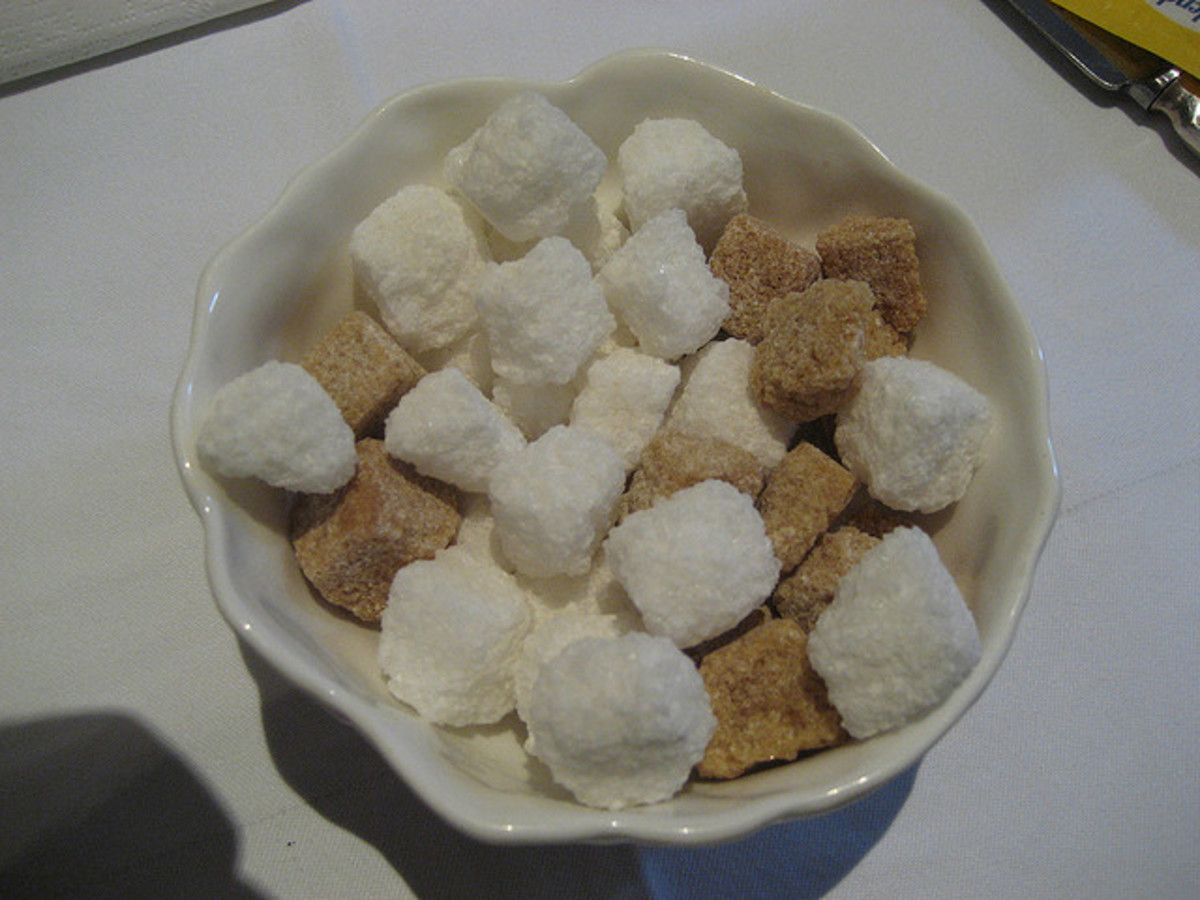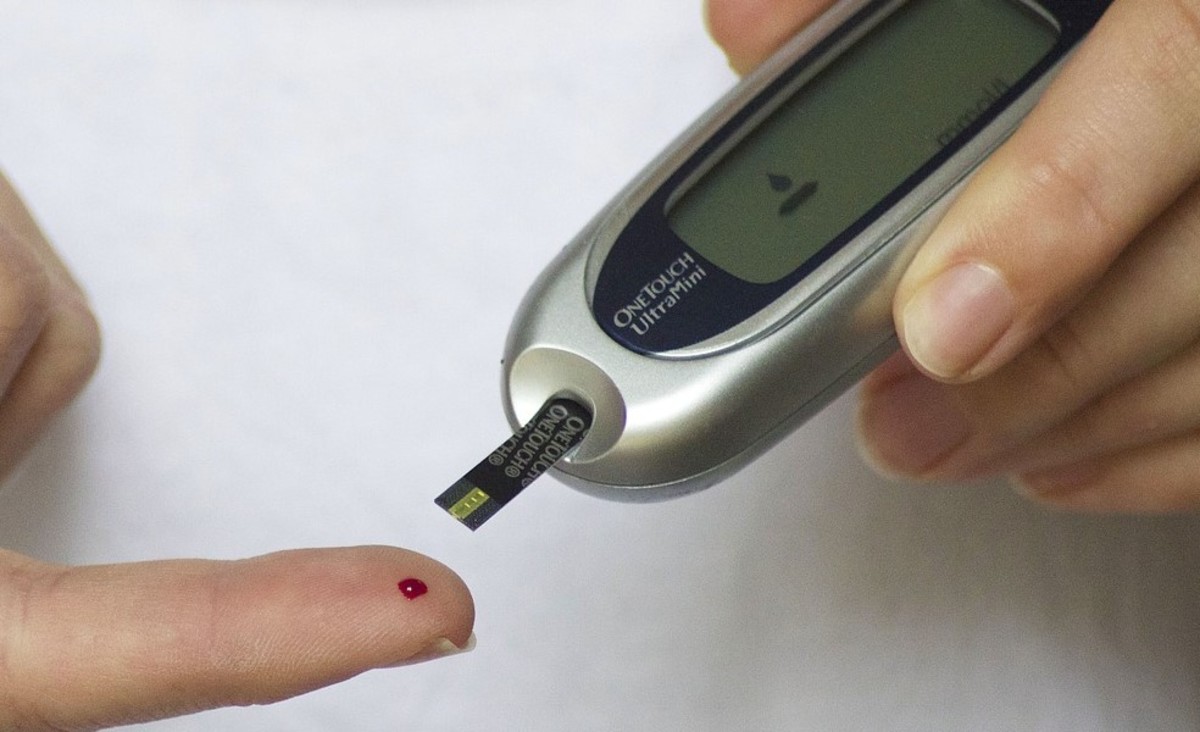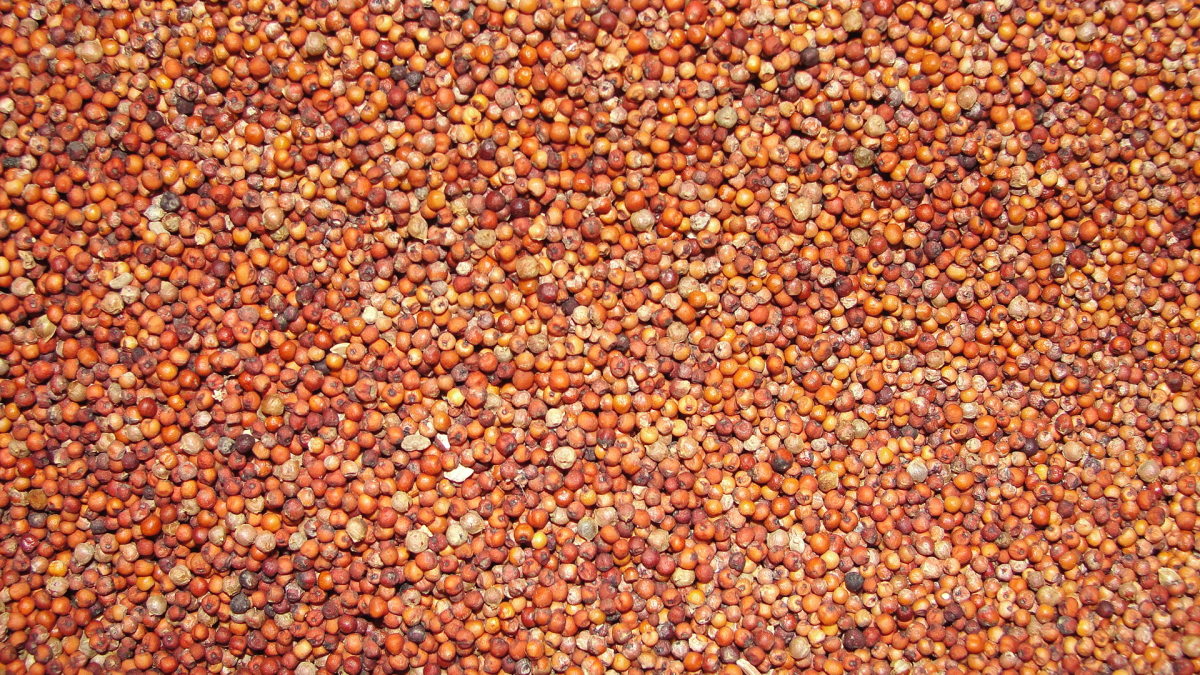Did You Know That Sugar Is A Sweet Poison? Read This To Know The Harms
Changes in brain due to excessive sugar intake
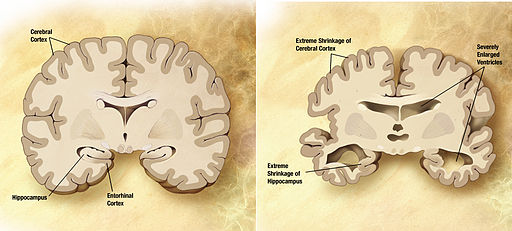
Body glucose metabolism
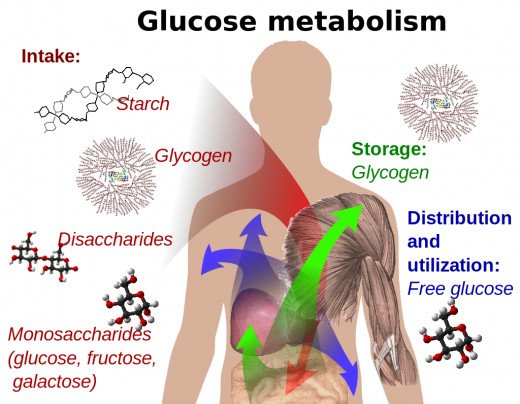
How much sugar do you take in a single day? It is not only the sugar you put in tea or coffee. Even the “hidden” sugar in coke, juice or even cakes does count. Do you take some precious time to check the content label of sweet items which you always buy at supermarkets? Some of the labels and adverts may be deceiving. Studies have shown that many people exceed the recommended daily intake of sugar. This causes some serious short term and long term health problems. These problems affect people at all life stages. Consumption of sugar is addictive as it works on hypothalamus part of the brain like dopamine. When you take in sugar with high fructose content, blood flow in your hypothalamus increases which leads to overstimulation. Hypothalamus regulates the feelings of hunger. A study which was conducted on obese children showed that a reduced intake of sugar within 9 days leads to a decreased diastolic blood pressure, reduced cholesterol level. It also increases glucose tolerance and hyperinsulinemia. The recommended maximum sugar daily intake is 9 tea spoons for men and 6 tea spoons for women. This takes into account the sugar you consume in foods like cakes, juices among others.
This article will help those who are risk of getting the associated health disorders and also help those who are already addicted to sugar recover and live a healthy life by providing a list of alternative sweeteners.
Changes in brain tau protein structure
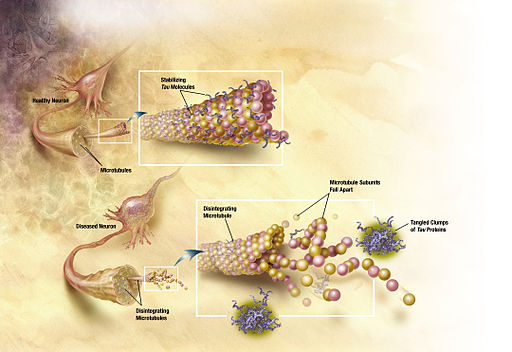
Brain damage and loss of memory
Our brains are sensitive to the concentration of sugar in blood. Hyperglycemia which is the elevated amount of glucose in blood increases blood pressure. This may damage blood vessels which supply the brain.
High sugar level in brain causes brain atrophy. The hippocampus part of the brain shrinks. Hippocampus is the memory center of brain. High levels of sugar intake is associated with Alzheimer’s’ disease. Hyperglycemia leads to low concentration levels and cognitive function.
Effects of excess sugar intake on emotions
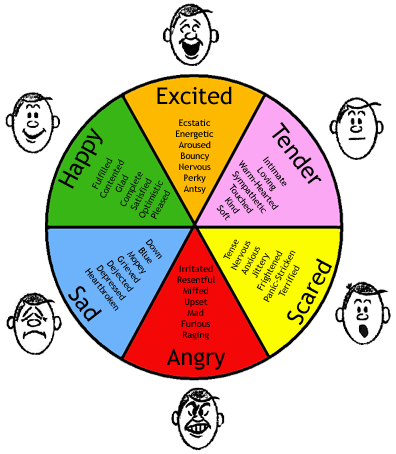
Negatively affects emotions and self control
Sugar intake also affects human emotions. This is due to the fact that, immediately after intake, the pancreas is stimulated to release insulin hormone. This release causes a sudden decrease in blood sugar. This sudden decrease leads to emotions like sadness, anger and anxiety.
As already mentioned earlier, sugar stimulates the involved parts of brain e.g. hypothalamus in a similar manner with dopamine, cocaine, caffeine, sex etc . They all lead to addiction due to the continued urge for more. This leads to lack of self control.
Liver damage
Regular sugars contain about 50% of fructose. Fructose cannot be metabolized easily by human bodies. It is therefore removed immediately from the blood to the liver without metabolism. In the liver this fructose is stored as cholesterol. High levels of cholesterol cause damage to the liver. It hinders the normal functioning of liver. It may also lead to liver cirrhosis as it causes continuous damage to liver cells. This cholesterol also accumulates in blood vessels and heart leading to problems of high blood pressure and heart failure.
Diabetes type 2 symptoms
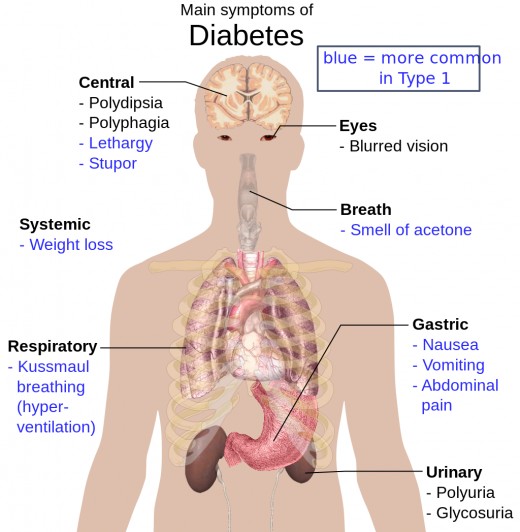
Obesity and type 2 diabetes
Obesity
Excessive sugar level in blood stimulates the release of insulin hormone from specialized cells of pancreas. This hormone converts the excess sugar or glucose into fat which is deposited in various parts of the body leading to increase in body weight. Fructose which is also a major component of regular sugar is converted into fat in the liver and then is distributed to various body organs for storage. High fructose content causes insulin resistance. Insulin resistance continuously stimulates pancreatic cells to release insulin hormone. This insulin converts glucose into fat even when there is normal glucose level in blood. This brings about the feelings of hunger as the body tries to maintain normal blood glucose level. This leads to accumulation of fat in the body and may ultimately lead to diabetes type 2.
Type 2 Diabetes
As stated earlier, the main component of regular sugar is fructose. Fructose causes insulin resistance. Insulin resistance is a condition whereby body cells gain resistance to insulin hormone and thus pancreatic cells are continually stimulated to release insulin hormone. This leads to excessive conversion of glucose in blood into fat leading to low blood glucose levels. This eventually leads to Diabetes type 11.
Tooth decay
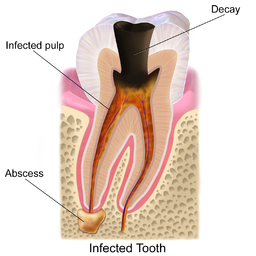
Cancer and teeth decay
Cancer
Although high sugar consumption does not directly cause cancer, the conditions which arise such as obesity or overweight are risk factors for cancer.
Teeth decay
The bacteria which causes tooth decay and plaque relies on sugar for metabolism. This metabolic reaction releases acids which breaks down the enamel part of the tooth.
Cornstarch
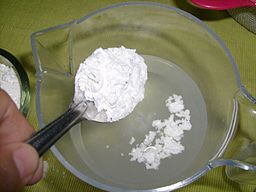
Processed Honey
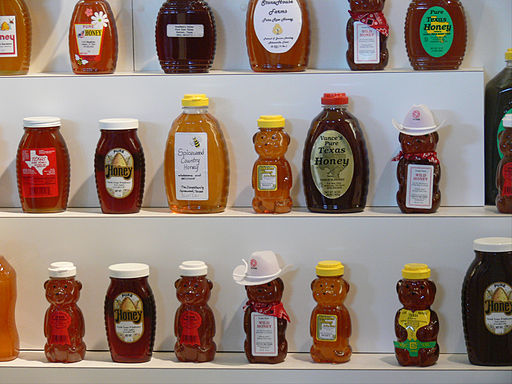
Cutting down sugar intake
It is always good to read the ingredients part of the label when buying food products in supermarket. Reading labels will help you identify hidden sugars. Avoid those which have high sugar content or those which have sugar as the main content. It is also good to rethink about food adverts as some of them are deceiving. Replacing sugar with starches like potatoes is advisable.
Some of the available regular sugar alternatives are;
Sugar alcohols- They are reduced calories sweeteners. There are those which occur naturally in fruits and vegetables. Others are manufactured in industries. They have no fructose which causes most of the above mentioned health problems. They include mannitol, Hydrogenated starch hydrolysates , lactisol etc.
Honey – Compared to regular sugar which has about 50% of fructose, honey would be a better alternative as it has 40% of fructose.
Avoid food products such as yogurt which has 55% fructose content and agave syrup which has 97% fructose content.

